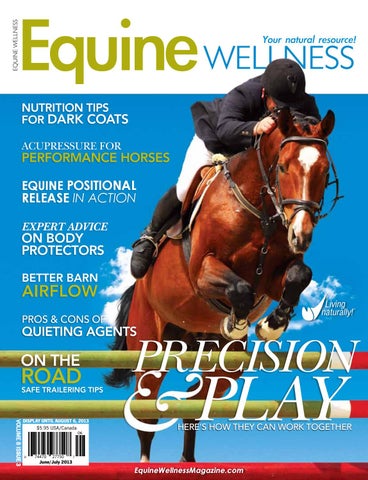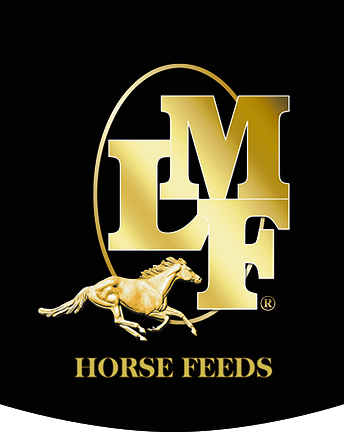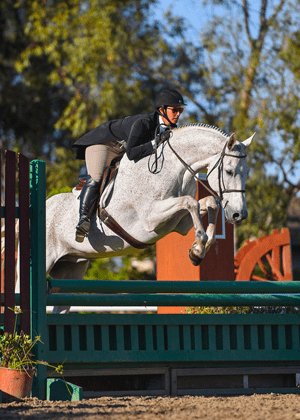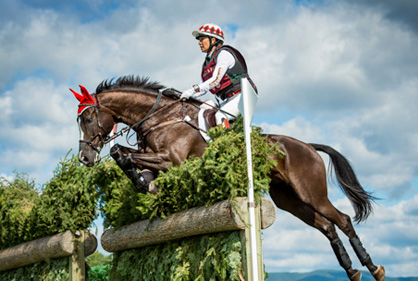Eventing Nutrition: Fueling the Three-Day Horse

Eventing is a demanding equestrian sport that tests a horse’s endurance, strength, and agility over three distinct phases: dressage, cross-country, and show jumping. Proper nutrition is crucial to support the horse’s performance, recovery, and overall health throughout this intense competition.
Understanding the Nutritional Needs of Eventing Horses

Eventing horses require a balanced diet that meets their high energy demands while maintaining optimal body condition. Key nutritional components include:
- Energy: Sourced primarily from carbohydrates and fats to fuel prolonged exercise.
- Protein: Essential for muscle repair and recovery.
- Vitamins and Minerals: Support metabolic functions, immune health, and bone strength.
- Water: Critical for hydration and thermoregulation.
Macronutrients Breakdown

| Nutrient | Role in Eventing Horse Nutrition | Sources |
|---|---|---|
| Carbohydrates | Primary energy source for sustained activity | Oats, barley, corn, hay |
| Fats | Concentrated energy, aids in endurance | Vegetable oils, rice bran |
| Protein | Muscle repair and growth | Alfalfa, soybean meal, linseed |
Feeding Strategies for Each Phase
Dressage
- Moderate energy requirements
- Focus on maintaining calmness and muscle tone
- Balanced forage and concentrate ratio
Cross-Country
- High energy demand for endurance and power
- Increased fat and carbohydrate intake
- Electrolyte supplementation to replace losses
Show Jumping
- Energy for short bursts of intense activity
- Easily digestible carbohydrates
- Maintain hydration and electrolyte balance
Sample Daily Feeding Plan
| Time | Feed Type | Quantity | Purpose |
|---|---|---|---|
| Morning | Hay and grain mix | 2-3 kg | Energy and fiber |
| Midday | Electrolyte solution | 1 liter | Rehydration |
| Afternoon | Concentrate feed | 1-2 kg | Energy boost |
| Evening | Forage | Ad libitum | Digestive health |
Common Nutritional Challenges
- Balancing energy intake to prevent weight loss or gain
- Managing electrolyte levels during hot weather
- Ensuring sufficient protein without overfeeding
Frequently Asked Questions (FAQ)
Q1: How much water does an eventing horse need daily?
A: Typically, 25-55 liters depending on workload and weather conditions.
Q2: Can supplements replace a balanced diet?
A: Supplements should complement, not replace, a well-balanced diet.
Q3: When should electrolyte supplements be given?
A: During and after intense exercise, especially in hot climates.
By understanding and implementing tailored nutrition plans, riders can ensure their three-day horses perform at their best while maintaining health and longevity.
